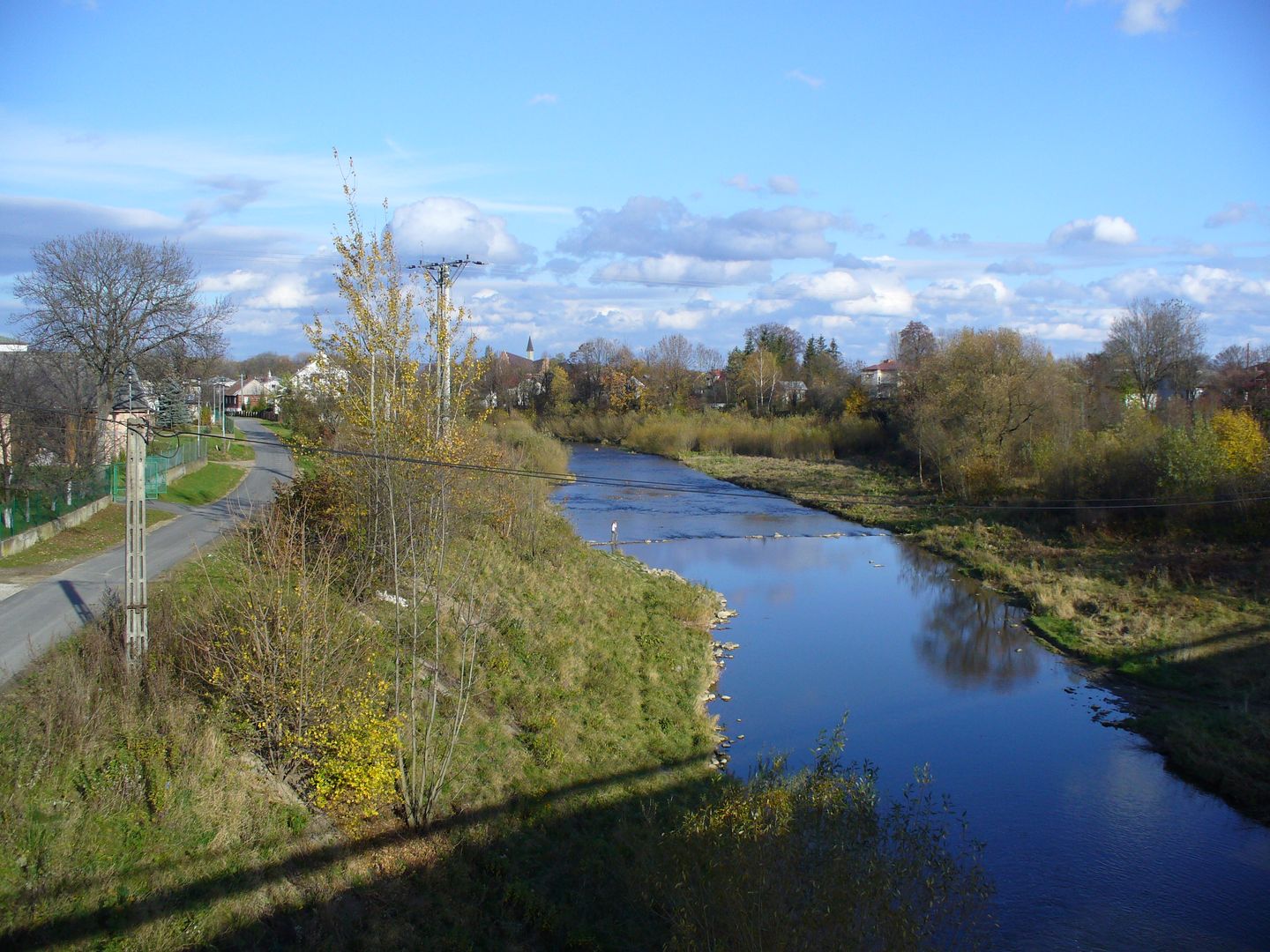Besko
6.48

Overview
Besko, a village located in the Podkarpackie Voivodeship, serves as the seat of the municipality of the same name and is situated on the Wisłok River. Its history dates back to the Lusatian culture, with the first written records from 1419, when the village was part of a royal starostwo (administrative district). The name Besko derives from an Old Slavic term meaning "stork," which is linked to the local hydrological conditions. Besko was an important administrative and economic center, with numerous historical documents related to it, including those concerning judiciary matters and royal estates. In the 17th century, the village became part of the Sanok starostwo, and in the 18th century, it passed into the hands of hereditary owners, including the Czartoryski princes. The 19th century saw the construction of a railway line and economic activity related to the oil industry. During World War I and World War II, Besko experienced bloody battles and tragic events under German occupation. After World War II, the national composition of its residents changed due to resettlements. Besko is home to numerous historical monuments, including a wooden parish church from 1755, a classicist bell tower from 1841, and a manor complex from the turn of the 19th and 20th centuries. The community of Besko is associated with notable figures such as Grzegorz Milan, a deputy to the Galician Sejm, and Gustaw Truskolaski, a general of the Polish Army. The village is also a hub for tourism, with hiking and cycling trails, the national road 28, and railway line 108, making it an attractive destination for visitors. Rich in history, architectural attractions, and local culture, Besko stands as an exemplary model for other small towns in Poland.
Location
2026 Wizytor | All Rights Reserved